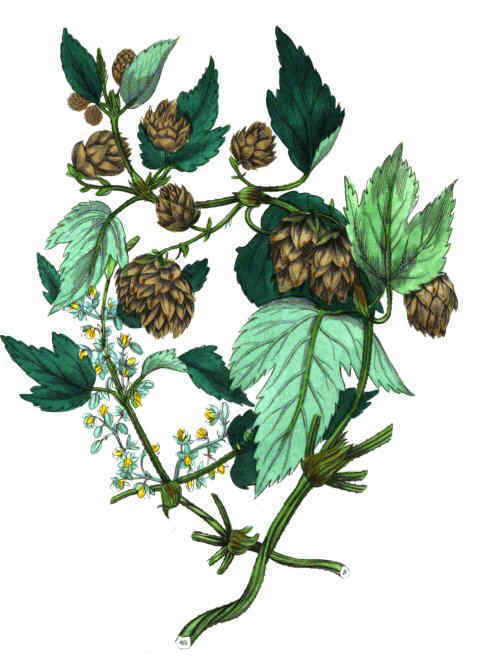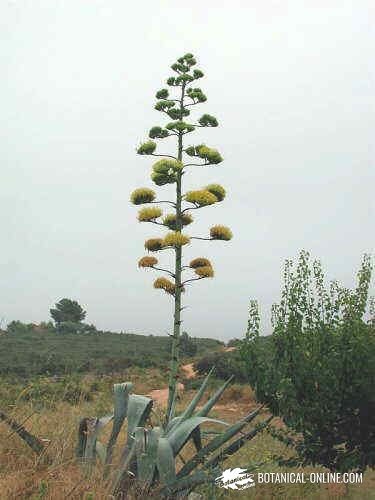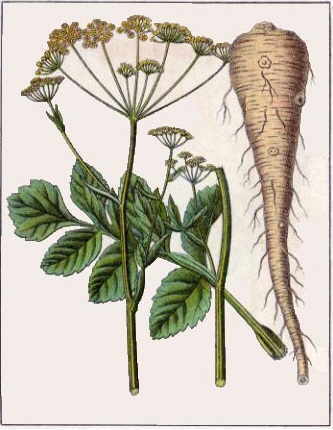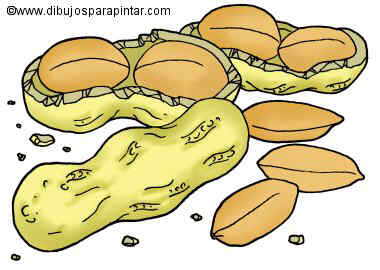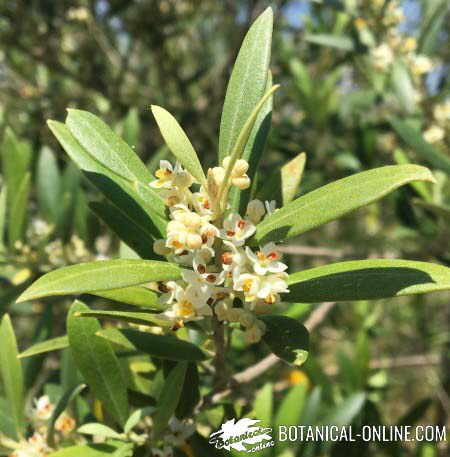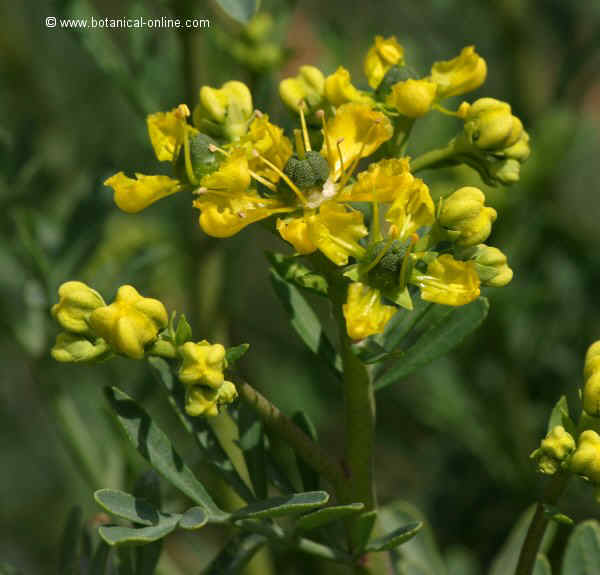Contents
Herbal treatment of pharyngitis
Phytotherapy: Medicinal plants teas for pharyngitis
Phytotherapy in the treatment of pharyngitis focuses on the use of plants with the following properties:
- Balsamic plants that help to smooth pharynx.
- Astringent plants astringents that help healing the wounds.
- Antibacterial plants, that can take control of bacteria.
- Immune stimulant system plants – Plants that stimulate immunity and help prevent infection
External use preparations with medicinal plants for pharyngitis
Among all the plants suitable for this disease we can include the following:
- Greater Plantain (Plantago major) Because of its content in mucilages, it performs emollient properties, that’s to say it soothes the respiratory mucous membrane. At the same time, the antibacterial properties of this plant can be profited to eliminate microorganisms produced by respiratory tract diseases. (gargles with the infusion of the dried plant.)
- Marshmallow (Althaea officinalis) Very rich in mucilages, it soothes the respiratory tract. (Gargling with liquid from a decoction of 10 minutes of a handful of dried root in a liter of water)
- Linden (Tilia x europaea, Tilia platyphyllos, Tilia cordata): The flowers of the linden have diaphoretic properties, that’s to say they are able to increase the body sweat. The increase of body heat can help to promote the treatment of pharyngitis and other diseases respiratory status (Infusion of a half teaspoon of dried flowers per cup of water. Take a couple of cups a day.)
- Vervain (Verbena officinalis) (Infusion of a half tablespoon of dried plant per cup of water. Make gargling with the liquid).
- Echinacea (Echinacea spp.) Antiviral and anti microbial properties of echinacea can be used to treat respiratory diseases. It may also be taken before the onset of these diseases, as a preventive remedy especially from people who have more chance of infection (School children, old people, people with weakened defense system, or people who are in contact with patients) (1000 mg of supplement of echinacea daily divided into 5 doses)
(In external use, you can also make mouthwashes with the juice of the fresh plant or dilute a few drops of tincture in water to do mouthwashes)
- Bay (Laurus nobilis) Cineol, present in essential oil, plays an important role considering its antibacterial, antitussive and anti bronchitic properties. But, besides it, there are many other components working in the same sense, such as acetic acid, alpha-pinene and camphene.(Infusion of a pair of leaves in a cup of water for 10 minutes. 4 cups per day)
- Aronia (Aronia melanocarpa) Aronia fruits are antiviral and antibacterial (Take an aronia fruit supplement)
- Arnica (Arnica montana) A natural antibiotic which is useful in case of bacterial infection. (Perform rinses with liquid from the infusion of one teaspoon of dried plant per cup of water)) (Dilute 20 drops of tincture in a glass of water and rinse your mouth. (Do not swallow the liquid) (See toxicity or possible contraindications in the study of this plant)
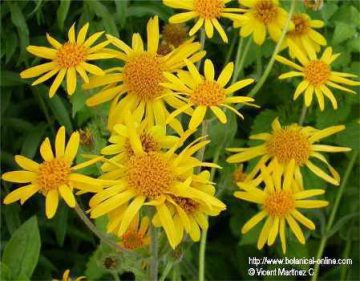
- Kumquat: (Fortunella spp) (Take the fruits with skin. Syrup: 1kg. Kumquats, 1kg. Sugar, 2 liters of water, grated ginger (juice), 20ml. Lime juice).
- Eucalyptus (Eucalyptus globulus) (decoction of a handful of leaves per liter of water. Inhale vapors covering your head with a cloth) (Infusion of a little over half tablespoon of dried leaves per cup of water. Take 3 cups a day)
- Anise (Pimpinella anisum) (tea mixed with equal parts of half a teaspoon of crushed anise fruits and leaves of marshmallow, peppermint and sage. Perform gargling)
- Poppy (Papaver rhoeas) Used externally, its emollient properties are very appropriate for the treatment of diseases of the throat. We can apply gargles with an infusion of two teaspoons of dried petals per liter of water. This treatment will be effective to reduce inflammation and reduce pain in cases of sore throat, pharyngitis or laryngitis.
- Flax seed (Linum usitatissimum) It is very useful for its mucolytic properties by helping to eliminate the secretions that take place in the respiratory tract as consequence of cold, bronchitis, pharyngitis, etc. (Cold water infusion of 5 g of dry seeds per cup of water overnight.)
- Chamomile (Matricaria chamomilla) (gargling with the infusion of the dried plant.)
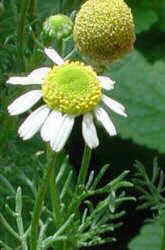
- Mint, Peppermint (Mentha x piperita, Mentha spp.) (Lick a peppermint sweet help after a coughing fit.) (10 minute infusion of a spoonful of the dried plant. Drink a couple of glasses a day) (Gargles with the liquid from the decoction of 30 g of dried plant per liter of water)
- Violet (Viola odorata) Its soothing and anti-inflammatory properties can help relieve discomfort and irritation of the throat in case of pharyngitis. (Make gargles with the infusion of a spoonful of dried flowers per cup of water)
- Sundew (Drosera spp.) For its mucilage content, it is an emollient remedy that soothes irritated throat cough (pharyngitis). (Infusion of 1 – 2g. Per cup, three times a day. Extract 1 teaspoon every 2-3 hours, combined with plants rich in mucilage as infusions of mallow, plantain or marshmallow)
- Comfrey (Symphytum officinale) (Gargles with the decoction of a teaspoon of root per cup of water, sweetened with honey. Do not swallow the liquid)
- Sundew (Drosera spp.) Sundew plumbalgin has antibiotic properties against Haemophilus pertussis and can help fight this infection. It is used in the treatment of bronchitis, laryngitis, pharyngitis and hoarseness. (Extract: 1 teaspoon every 2 hours)
- Agrimony (Agrimonia eupatoria) When pharynx is inflamed, the following remedies can be very effective: (Decoction of a teaspoon of dried leaves per cup of water for a couple of minutes. Sweeten it with honey and make gargling with the liquid still hot) (Pour 70 drops of fluid extract per liter of water. Make gargling with this preparation)
- Walnut (Juglans regia) The astringent and germicidal properties of this plant can be profited to carry out gargles to treat affections of the respiratory tract such as sore throat or pharyngitis. (10% infusion of dried leaves in a liter of water. Make gargles)
- Oak (Quercus robur) (Decoction of 5 0 6 tablespoons of shredded dried bark per liter of water. Gargles)
- Holm oak (Quercus ilex) (Decoction for 6 minutes of a couple of tablespoons of dried bark per liter of water. Perform abundant gargling with the liquid of this decoction. Do not swallow it.)
- Cinnamon (Cinnamomum zeylanicum) (gargles with the liquid from the infusion of half a teaspoon of shredded cinnamon by glass of water)

- Sage (Salvia officinalis) It’s got bactericidal properties (Boil a spoonful of dry leaves and flowers per cup. Two cups each day) (Gargling with an infusion of the dry plant)
- Pine (Pinus sylvestris) (gargles with hot water in which it was dissolved a few drops of essential oil of pine needles available in pharmacies and herbalists)
- Cypress (Cupressus sempervirens) It soothes the throat and helps to eliminate germs that cause inflammation. (Inhalation of hot water vapors in which it was dissolved about 8 drops of essential oil)
- Lavender: (Lavandula officinalis). Its antiviral, antibacterial and bacteriostatic properties have been proved to be effective in vitro resulting in the elimination and inhibition of many bacteria and viruses responsible for respiratory diseases. In external use, gargles made with the infusion of a spoonful of dried flowers per cup of water have been effective in the treatment of pharyngitis
- Chestnut tree (Castanea sativa Mill.) Chestnut tree gargles help reduce inflammation and relieve pain (gargling performed with the infusion of one teaspoon of dried leaves per cup of water)
- Juniper (Juniperus communis) Juniper has expectorant properties given by its wealth in terpenes and terpenoids. It is also a good antiseptic and antispasmodic. This makes it suitable to remedy respiratory ailments like cold, bronchitis, sinusitis or pharyngitis (One tablespoon of dried berries per liter of water for 15 minutes. Drink throughout the day, sweetened with honey)
- Black currant (Ribes nigrum) In external use, tannins possess astringent and antibacterial properties making them ideal for the treatment of inflammation caused by infectious processes. The juice of the fruits of this plant, used by means of gargles, is very suitable for the treatment of tonsillitis, pharyngitis, mouth sores, etc.
- Iceland moss (Cetraria islandica) (Decoction for 5 minutes of 10 g of shredded dried plant per liter of water. Throw the water and boil it again in fresh water for half an hour. Gargle with this preparation)
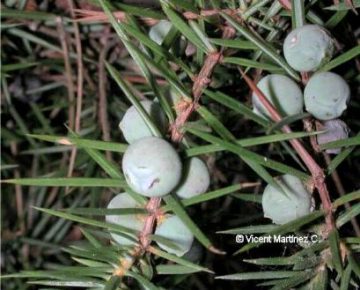
Home remedies for pharyngitis
- Milk with honey and turmeric for pharyngitis : A way to remedy throat problems involves taking a glass of skim milk in which it has been poured a teaspoon of butter, one teaspoon of honey and one of turmeric powder. It should be drunk hot.
- Gargles with salty water for pharyngitis: This type of remedy relieves all pains that affect tonsils or upper throat. Do not swallow the liquid.
- Vitamins for the throat
- Vitamin A for pharyngitis: It strengthens the immune system, making it very suitable to prevent the occurrence of many diseases, especially of the respiratory system: sore throat, flu, common cold, pharyngitis, bronchitis. The appropriate dose is 150 mg daily divided into three doses taken in the form of carotenoids.
![]() More information about pharyngitis
More information about pharyngitis

